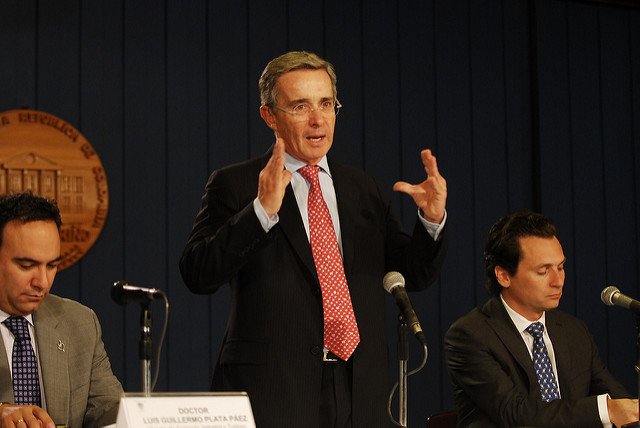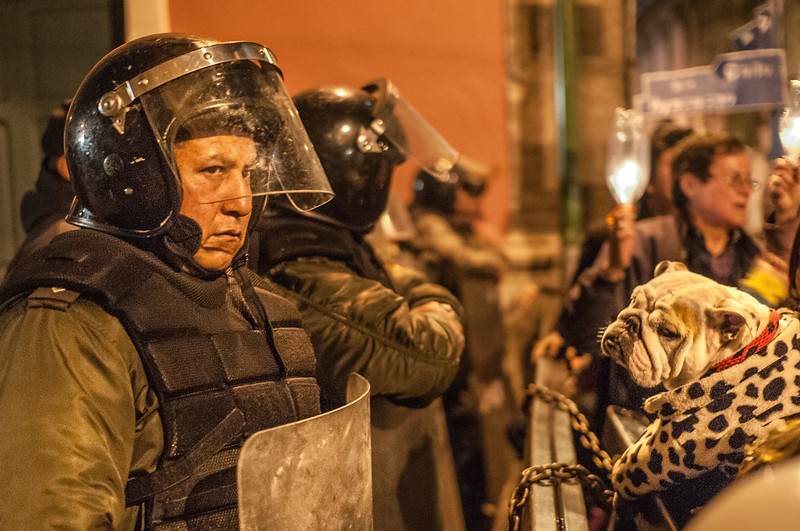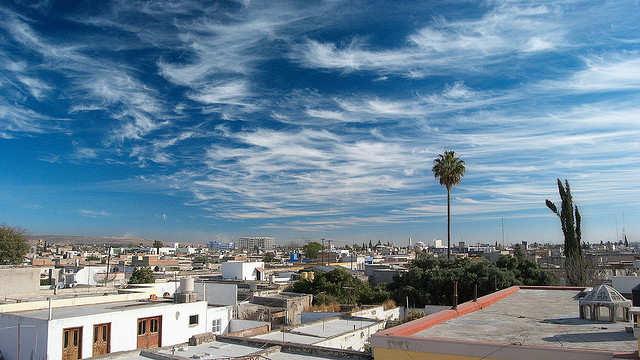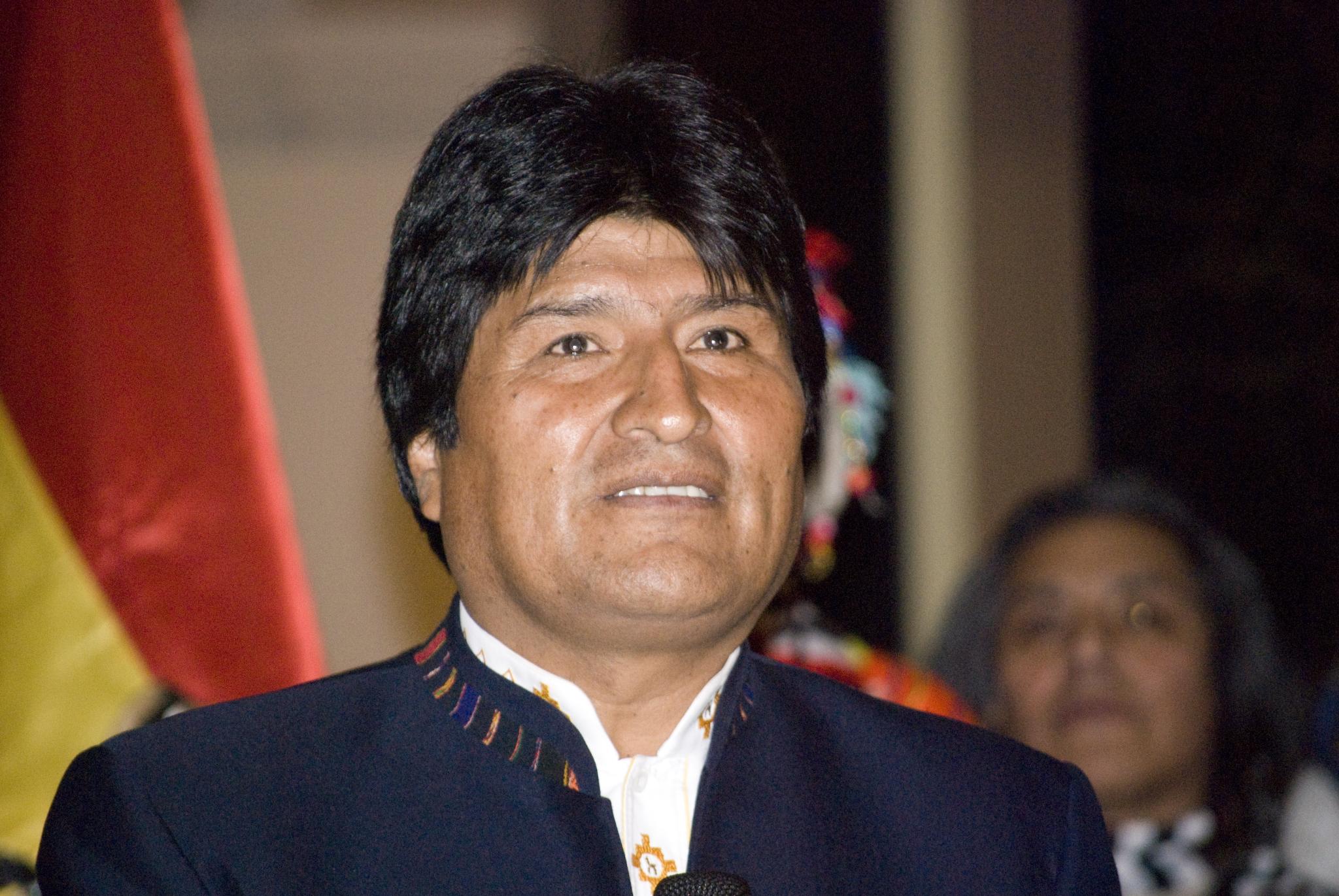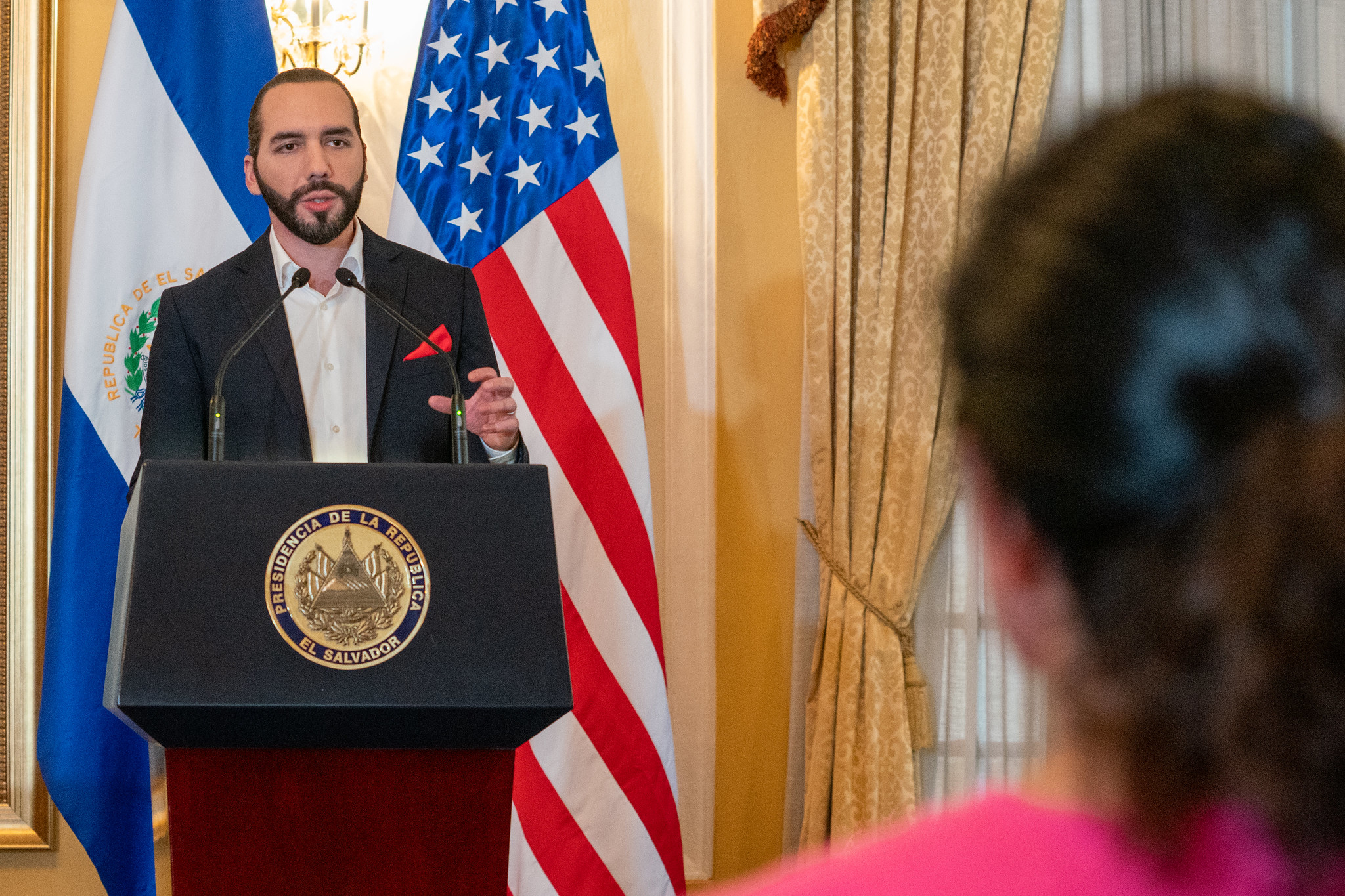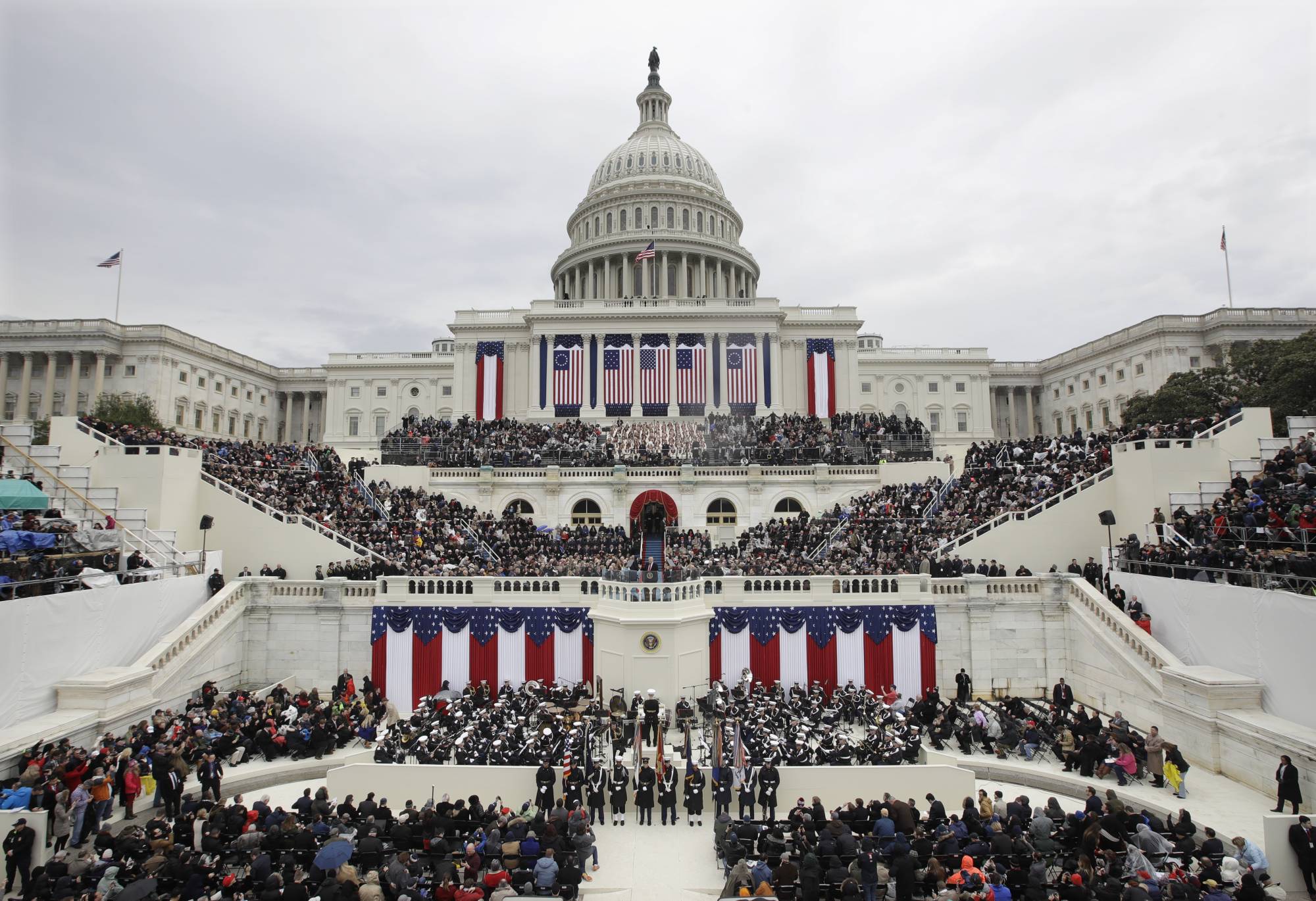
Latin America: Week in Review
Mexico Failed to Provide Human Rights Training to Armed Forces
December 11, 2020 By Staff
TODAY IN LATIN AMERICA
MEXICO: Mexico has failed to comply with a mandate by the Inter-American Court of Human Rights to provide human rights training to its armed forces, according to a new report by civic organizations. The report, titled “False safeguards: Training of the armed forces on human rights and gender (2010-2019),” found through public information requests that institutions that were required to implement training fulfilled their obligation to train their personnel. Of all the institutions consulted, the organization found that the Secretariat of National Defense (Sedena), the Secretariat of the Navy (Semar) and the National Guard did not have “complete evidence to evaluate the outcome of the training that was carried out.” The report states that, at best, documents show the number of people trained, but it was impossible to glean what those personnel trained were about.
Headlines from the western Hemisphere
SOUTHERN CONE
ARGENTINA: Forty-eight percent of Argentine adults disapprove of the legalization of abortion, according to a report published by strategic consulting firm Poliarquía. The survey was conducted between Nov. 2 and Nov. 13, just days before the Senate was sent the decriminalization bill. Poliarquía surveyed 1,002 people aged 18 or older, finding that women are more keen to accept and support legalizations as are people between the ages of 18 and 29.
BRAZIL: Brazil suspended Sinovac COVID-19 vaccine trials after health authorities reported that “serious adverse event” brought the trials to a halt. Anvisa, the country’s National Health Surveillance Agency, said the Chinese-developed COVID-19 vaccine is not related to decision, but the trials have been paused to “reassess risk and better evaluate the data.” Sinovac Biotech, which is already in the final and most important phase of the CoronaVac vaccine trials, released a statement this past Tuesday assuring that the company is “confident in the safety of the vaccine,” and will be in communication with Brazil about the matter.
ANDES
COLOMBIA: President Iván Duque said he might appoint Nestor Humberto Martínez, former chief prosecutor currently facing treason, to be part of commissions to “fight crime.” Duque said that the government will invite him to “participate in some of the analytical commissions,” since he is a person “committed to fighting crime,” according to Colombia Reports. Opposition senator Iván Cepeda criticized Duque’s decision and said that Martínez should be “removed from public office and brought to justice.”
ECUADOR: Ecuador surpassed 200,000 COVID-19 cases as the province of Pichincha became the country’s epicenter, the ministry of health reported. The capital city of Quito has reported 66,028 cases so far. Since Ecuador began reopening and celebrating holidays, the number of deaths per day has spiked to 36, for a total of 13,850.
CARIBBEAN
DOMINICAN REPUBLIC: A judge sentenced former President Danilo Medina’s brother to three months of remand after being accused of corruption. Juan Alexis Medina Hernández and 10 others, among them some former government officials, were arrested on Nov. 29 in an operation known as “Operation Anti-Octopus” and later charged with embezzlement and fraud. Medina Sánchez is accused of allegedly taking advantage of his family ties to accumulate fortunes during the eight years of his brother’s presidency. Carmen Magalys, the sister of Medina Hernández and the former president, was also arrested and has been sentenced to three months of house arrest and a fine of about $172,000.
HAITI: The United States announced new sanctions against three Haitian officials on Thursday for their involvement in human rights violations. Among those sanctioned by the U.S. Department of the Treasury is National Police officer Jimmy Cherizier, alias ‘Barbecue’, for his involvement and participation in the 2018 La Saline massacre, in which at least 71 people were killed. Cherizier was charged for murder and rape by the Haitian police Bureau of Criminal Affairs in 2019, but he remains free. The Director General of the Ministry of the Interior, Fednel Mochery, and President Jovenel Moïse’s Departamental Delegate, Joseph Pierre Richard Duplan, were also sanctioned for their involvement in La Saline, mostly for arming the perpetrators.
CENTRAL AMERICA
HONDURAS: Hundreds of Hondurans forming a migrant caravan were stopped by the country’s security forces on Thursday before they reached the border with Guatemala. More than 200 people set off from San Pedro Sula, Honduras, to the United States Wednesday night. This was the first caravan formed in the country since Hurricanes Eta and Iota struck the country during the month of November, which affected some four million people and caused severe damage to infrastructure, loss of crops and about 100 deaths. Most of the migrants, including entire families, were forced to join the caravan after having lost everything during the storms. This caravan was the second one to take place during the coronavirus pandemic. The previous one, which also departed from Honduras in early October, was unable to advance beyond the Guatemalan border, since the neighboring country’s president, Alejandro Giammattei, had declared a state of prevention across the country’s border due to the pandemic. Under this declaration, the Guatemalan immigration authorities detained and returned the 4,000 migrants.
PANAMA: Panama, along with 20 other countries, signed on to an Organization of American States (OAS) resolution rejecting the results of the parliamentary elections held in Venezuela last Sunday, Dec. 6. The statement, which was signed on Wednesday, was approved with 21 votes in favor, two against (Mexico and Bolivia) and five abstentions, including Argentina. The Panamanian government cited the “the lack of conditions for the electoral process to have the full participation of political actors and citizens” as its reasoning for the vote in favor. The OAS dismissed the elections as “fraudulent,” adding that they were “conducted by the illegitimate regime of Nicolás Maduro with the evident purpose of eliminating the only legitimate and democratic institution elected in Venezuela,” the previously opposition-controlled National Assembly. Venezuelan election officials announced on Thursday that Maduro’s allies won 91% of the legislative body’s seats.
NORTH AMERICA
MEXICO: The Morena-majority senate passed legislation that would force the Bank of Mexico “to be the buyer of last resort for all the U.S. cash that enters the country,” according to the Associated Press. The measure still has to be passed by the lower House but came under fire because, while President Andrés Manuel López Obrador said the bill is supposed to help migrants send money home, critics believe it would open the bank up to the possibility of acquiring “dirty cash” from drug cartels.
